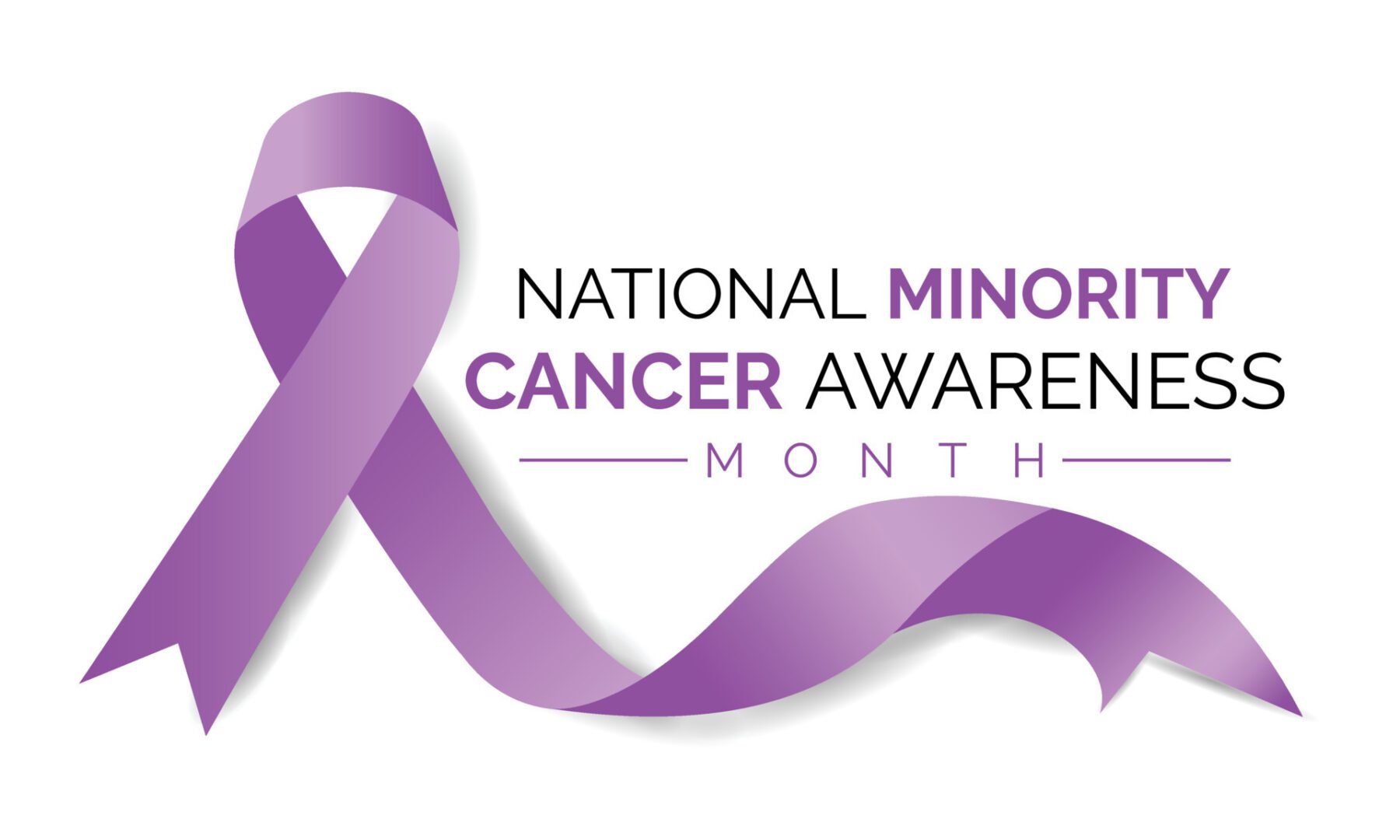Search by Color or Cause


National Minority Cancer Awareness Month is observed in April. This month is dedicated to calling attention to minority cancer health disparities and the need for awareness. In addition, National Minority Cancer Awareness Month focuses on cancer health disparities in research. Equally important, it focuses on cancer types and disparities, and building a diverse biomedical workforce.
Celebrated every year in April, National Minority Health Month:
The origin of National Minority Health Month was the 1915 establishment of National Negro Health Week. To begin, it was established by Booker T. Washington. In 2002, National Minority Health Month received support from the U.S. Congress with a concurrent resolution (H. Con. Res. 388) that “a National Minority Health and Health Disparities Month promote, among other things, educational efforts on the health problems currently facing minorities and other health disparity populations.” Secondly, the resolution encouraged “all health organizations and Americans to conduct appropriate programs and activities to promote healthfulness in minority and other health disparity communities.”
April is National Minority Health Month. During this month, the U.S. Department of Health and Human Services (HHS) Office of Minority Health (OMH) and its partners highlight the important role individuals and organizations can play in helping to reduce health disparities. In addition, they also call attention to improve the health of racial and ethnic minority and American Indian/Alaska Native communities.
In 2023, the National Minority Health Month theme is Give Your Community a Boost! The theme focuses on the continued importance of COVID-19 vaccination. Boosters, for example, are one of the strongest tools we can use to protect communities from COVID-19. COVID-19 has disproportionately affected communities of color. In particular, Black or African American, Hispanic or Latino, and American Indian or Alaska Native people are at increased risk of getting sick. Additionally, they more severe illness, and die from COVID-19. Give Your Community a Boost! also supports the many other efforts happening in communities across the country to advance health equity.
As we enter the month of April, it is essential to recognize the unique challenges faced by minority populations in rare cancer research. Despite the advancements in medical research, there continues to be a significant disparity in access to care and participation in research among minority groups.
Clinical trials are crucial in advancing cancer research and improving patient outcomes. However, minority populations remain significantly underrepresented in clinical trials, despite the increasing diversity of the US population. According to the National Cancer Institute, only 7% of clinical trial participants are Black patients, 8% are Hispanic patients, and 2% are Asian patients. This underrepresentation is concerning. For example, cancer incidence rates among minority populations continue to increase.
One of the primary reasons for the underrepresentation of minority populations in research is the lack of trust in the medical system. This lack of trust is rooted in historical experiences of mistreatment and exploitation in research. To address this issue, it is essential to increase community engagement and education to promote the benefits of cancer research.
Equity in rare cancer research is crucial to ensuring all patients have access to the latest advances in cancer treatment. However, minority populations often face additional barriers to care and may be diagnosed with more advanced stages of cancer. Furthermore, treatment options for rare cancers are often limited, making it challenging for patients to access potentially life-saving treatments.